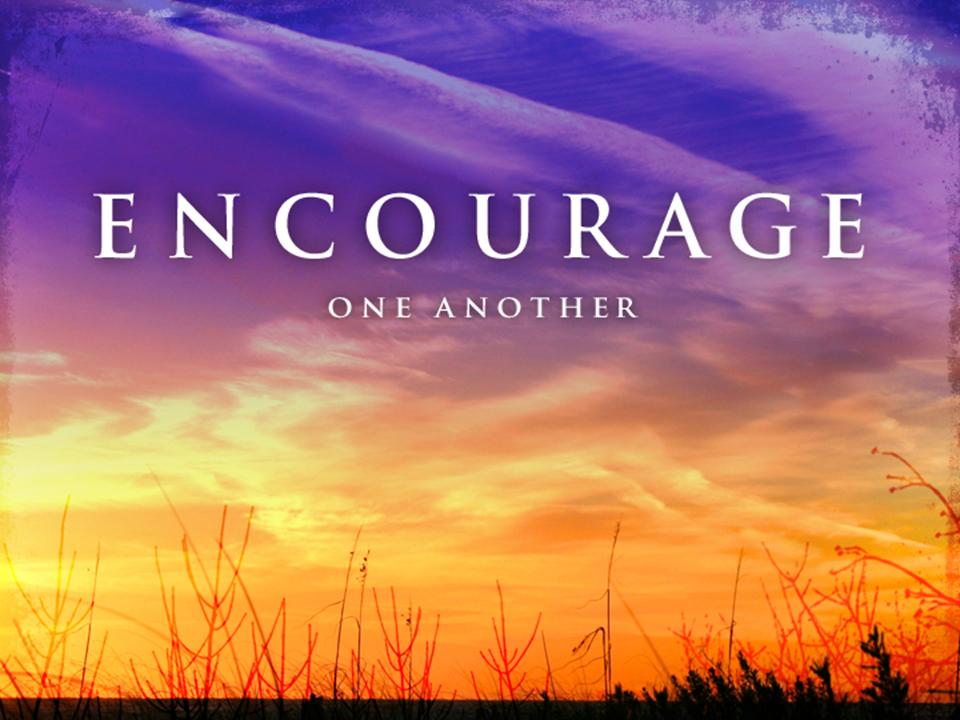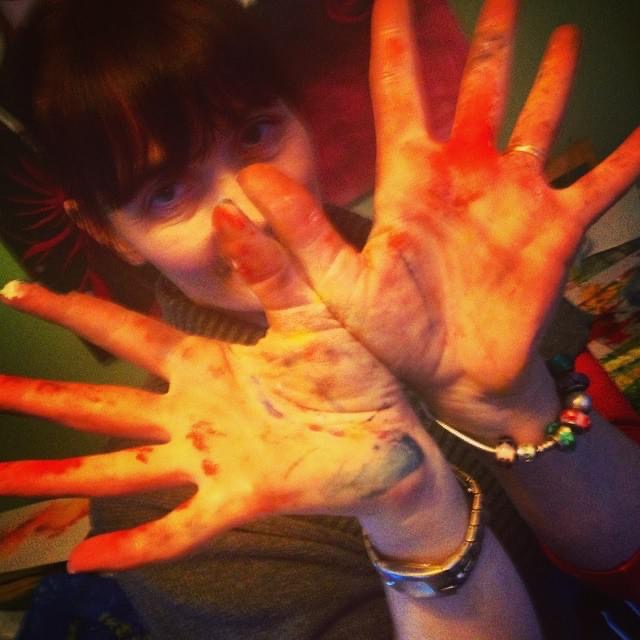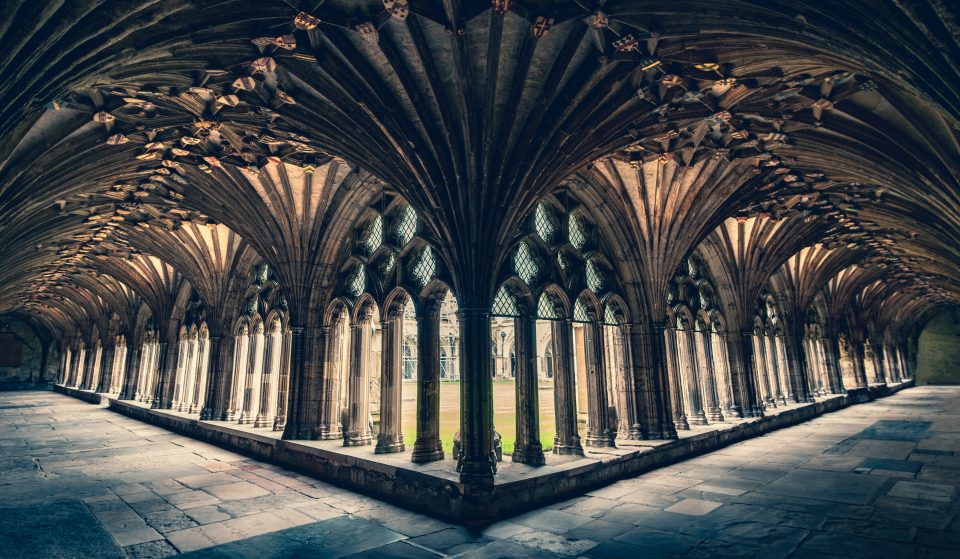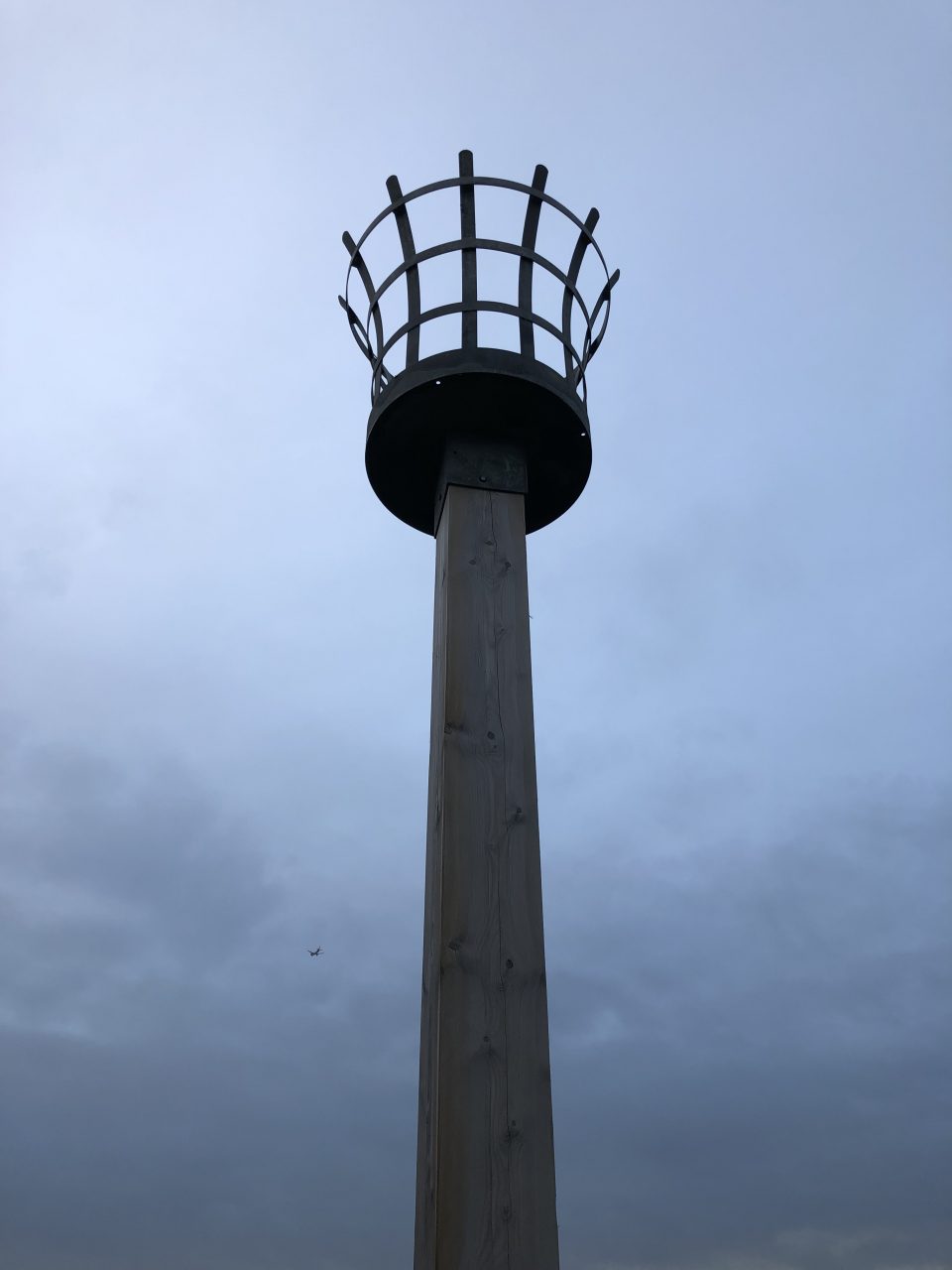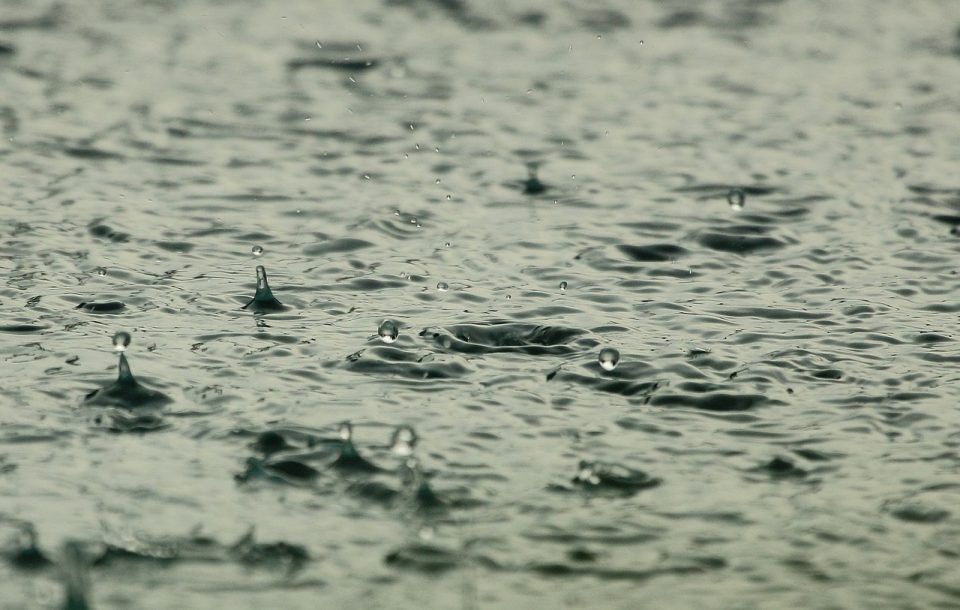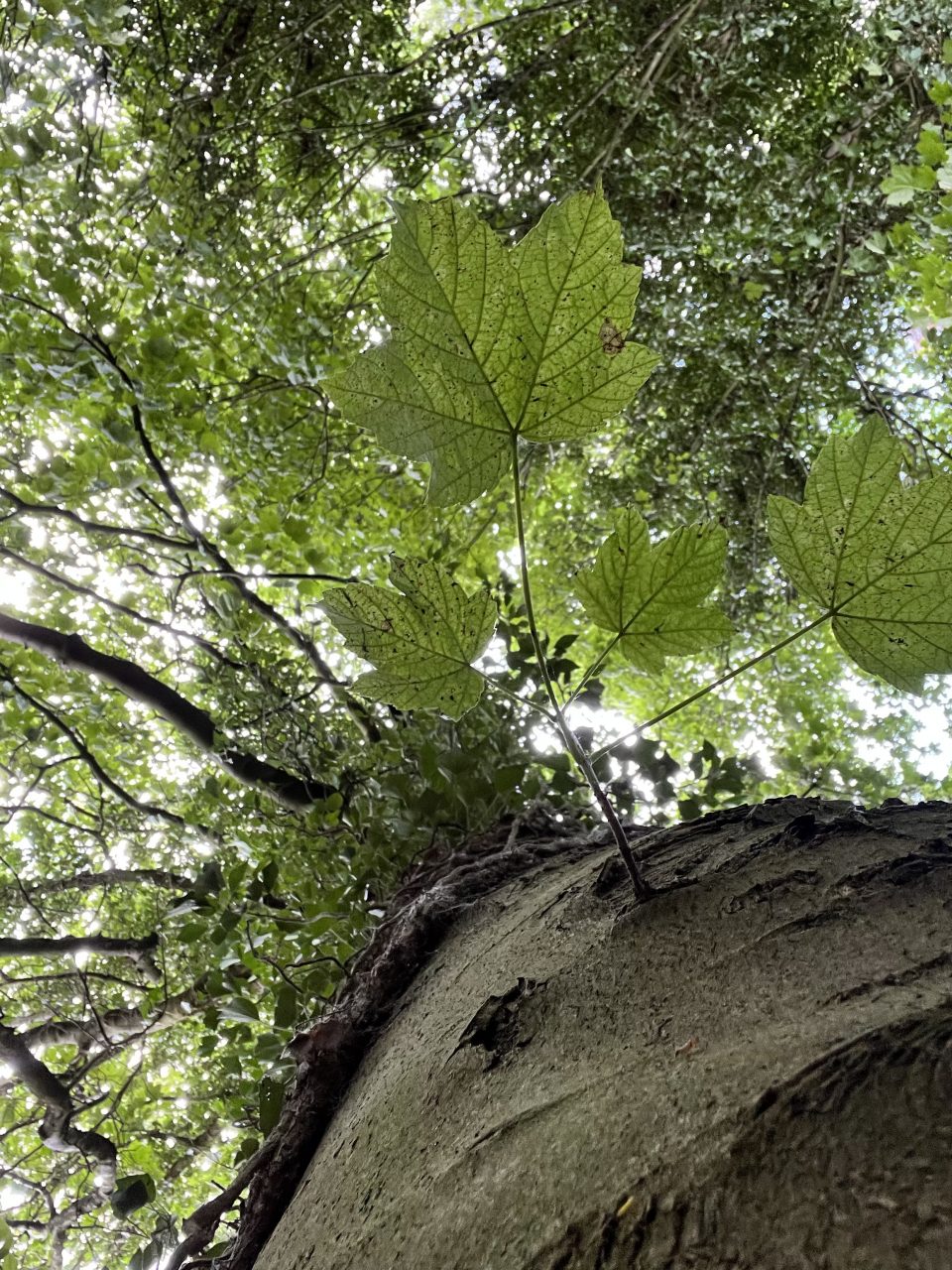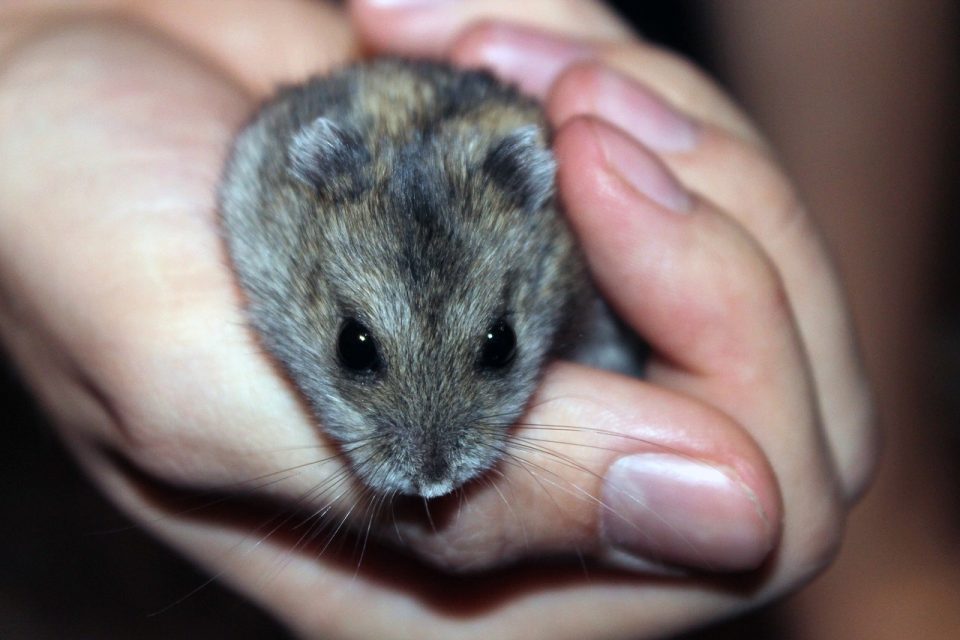Hi All, hope you have all had a good week. We will be meeting together at The Quarry at 7:30pm if you want to join us in conversation. We have tried to meet in the bay window just around the corner from the main entrance (turn left at the bar). See you then. The world is full of worry, stress …
A Question of Creativity
We are looking at creativity this week and we will be meeting at the Enigma Tap at 7:30pm and everyone is welcome to come and join the conversation. Are you creative? If so, why? If not, why not? Take a moment to think and write down what you think. If you asked most people what creativity is, they’d answer making …
A Question of Thanksgiving
If you are joining us tonight then we will be at The Quarry at 7:30pm tonight. I went to an awards ceremony last night. I had been nominated along with some others for an award as part of the Northumberland FA’s Grassroots football awards. I sat in a room with a 100 or so people and 22 awards were handed …
A question of cloisters!
Hi everyone, this week we are meeting in the Enigma Tap at 7.30. Hope to see yo there. A few months ago, I had a chat with one of our BCFX family who’d had a really hard week. It got me thinking that a community like us has its benefits and downsides. And one of those downsides is that we …
Sluice Sluice Wander – CHANGE OF PLAN!
Change of plan tonight… now meeting at 7.30 in THE Quarry Pub – The weather has meant we need to postpone that walk! Hi folks, for our first week back after the summer break we are meeting at the slightly earlier time of 7.00pm for a walk near Seaton Sluice, meeting at the Kings Arms pub, we should be walking …
August Plan!
Hi folks, i trust you are doing ok… or at least better than the weather! Hahahaha! Over August we take a slightly different approach to our gatherings. We will meet for an informal gathering on the 20th August, meeting at Platform 2 in Tynemouth at 7.30. If you are around it would be great to see you. After the summer …
A Question of Inclusion
This weeks guest blog is from Caleb! for those gathering for our conversation we will be at the Enigma Tap from 7:30pm Before I start, please bear in mind that, as I said in a previous blog, I don’t speak out of particular experience here. I have learned from knowing people and some study. Also please note that there are …
A Question of Law and Order
Hi folks, I hope you are doing ok? This week we are meeting in the Brewery in Whitley Bay at 7.30, I hope you will be able to join us. This weeks blog is written for us by Glenn and he covers ‘A question of Law and Order’. Writing this blog opened up so many rabbit holes that I have …
Seaton Delaval Wander
Hi folks, I trust you are doing ok! This week we have wander planed its about 2.5 miles, starting and finishing at the Keel Row pub which is situated on A192 just north of Seaton Delaval (NE25 0QG). The walk is easy. Most of it is on grassy paths/gravel paths within East Cramlington Country Park. We will meet at 7.15pm. …
A Question Of… Animals
Hi folks, i hope you are doing ok? This week we are meeting at Platform 2 on Tynemouth Station on Sunday night at 7.30pm. We look forward to seeing you there. This weeks blog is written by Aaron and i really hope you enjoy his reflections. I know i did! A Question Of… Animals I have always loved …
